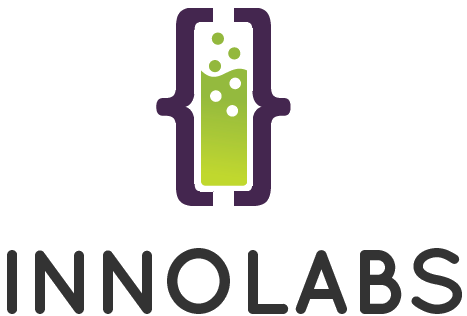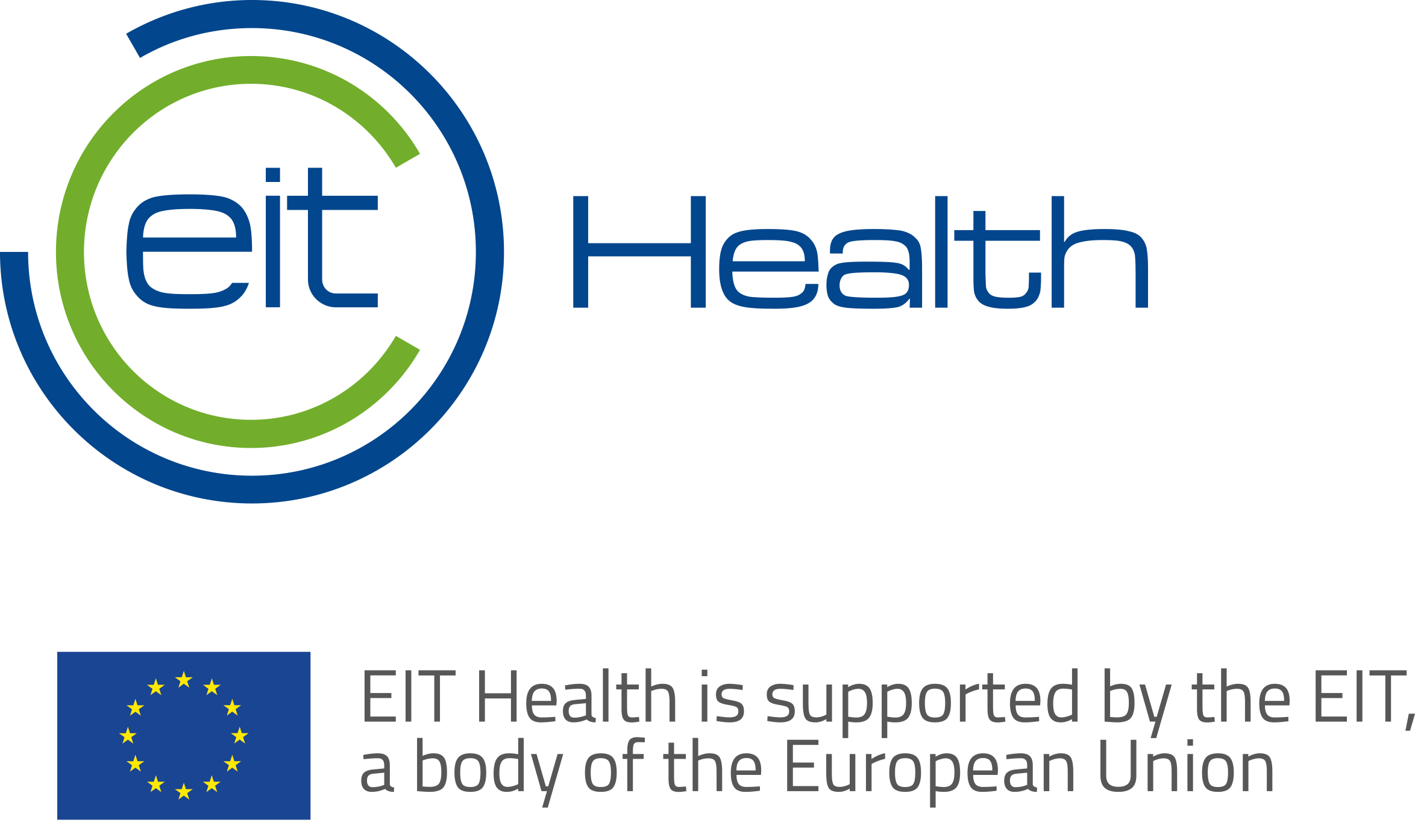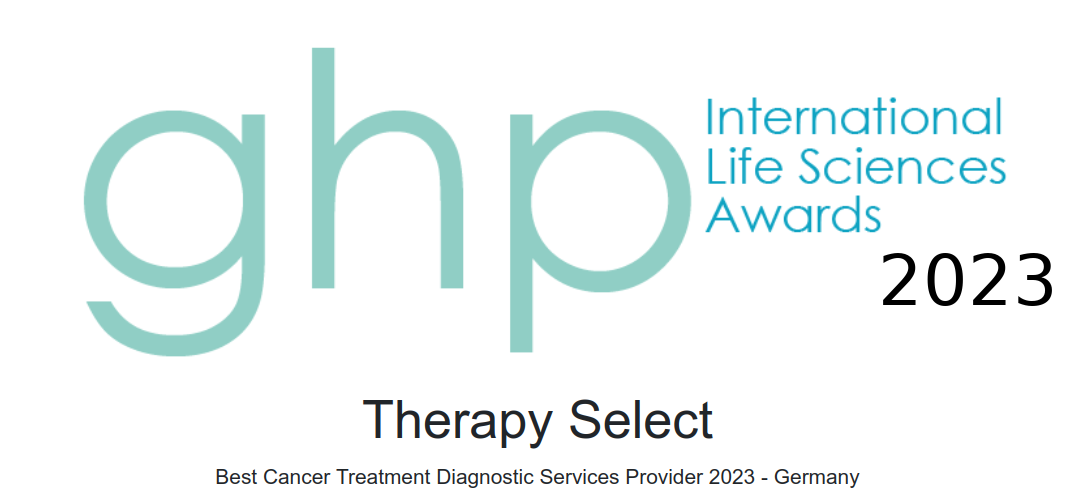Find Effective Drugs before Starting the Therapy!
No two cancer therapies are the same!
There is a wide range of different drugs which can be applied in treatment of non-small-cell lung cancer. This treatment includes classical chemotherapeutic substances, yet also new targeted drugs are used. Which medication should be prescribed depends on different factors, e.g. the cancer stage and the general condition of the patient. In order to choose the right therapy there are medical guidelines for physicians. However, in some situations the guidelines do not give clear recommendations and propose equivalent treatment options.
Diagnostic assays can help to identify effective and ineffective drugs before the start of a therapy. The available spectrum of therapeutics can thereby be limited on the most promising substances. Our diagnostics contribute avoidance of unnecessary side effects as a consequence of an ineffective therapy and save valuable treatment time. Therefore we offer the following diagnostic tests:
- CTR-Test® - An efficacy test working on living tumor cells
- PCDx™ - A tumor-biomarker-analysis working on non-living, conserved tumor cells
- Guardant360® - A tumor-biomarker-analysis working with blood
Guidelines for the Treatment of Non-Small-Cell Lung Cancer
Hereafter you can find an overview about guideline-recommendations, which are elaborated by medical specialist associations:
There are two different types of lung cancer to be distinguished: small-cell lung cancer (SCLC) and non-small-cell lung cancer (NSCLC).
NSCLC is the most common type of lung cancer. It is classified into four stages and therapy recommendations vary accordingly. For stages I to III, therapy aims at curing cancer. In contrast, improving quality of life through palliative care is the primary goal for patients with stage IV cancers (generally involve multiple metastases). A stage IV classification makes testing of certain genetic markers necessary: An ALK/ROS1 translocation (two proto-oncogenes) and/or a mutation of EGRF (a growth factor receptor) will have an impact on treatment.
| Stage I (curative) | after operation no further chemotherapy | |
| Stage II (curative) | cisplatin + vinorelbine | |
| cisplatin + docetaxel | ||
| cisplatin + gemcitabine | ||
| cisplatin + pemetrexed | ||
| cisplatin + paclitaxel | ||
| Stage III (curative) | cisplatin + vinorelbine | |
| cisplatin + docetaxel | ||
| cisplatin + gemcitabine | ||
| cisplatin + pemetrexed | ||
| cisplatin + paclitaxel | ||
| cisplatin + etoposide | ||
| cisplatin | ||
| carboplatin | ||
| Stage IV (palliative) | test for translocation of ALK/ROS1 and mutation of EGFR. The further therapy depends on the results. | platinum-based therapy +/- bevacizumab |
| platinum derivatives + cytostatic agent of the 3rd generation (e.g. gemcitabine, pemetrexed, taxanes, vinorelbine) | ||
| crizotinib | ||
| ceritinib | ||
| afatinib or other EGFR-tyrosine-kinase-inhibitors | ||
| docetaxel +/- nintedanib | ||
| pemetrexed | ||
| erlotinib | ||
| nivolumab |
This table is based on the "Leitlinie Lungenkarzinom, nicht-kleinzellig (NSCLC)", issued by the German Society for Haematology and Medical Oncology (Deutsche Gesellschaft für Hämatologie und Medizinische Onkologie e.V., DGHO), published on onkopedia.de [1].
Efficacy Tests of Drugs for Non-Small-Cell Lung Cancer
Which drugs can be tested in their efficacy by our diagnostic tests? The following tables give you information on the substances recommended by the guidelines, but also about further drugs which can be found as additional treatment options in literature. These substances are classified in the following categories:
In addition the frequently used combination therapies are listed below.
The testabilities for the CTR-Test® and the PCDx™ are also given.
Chemotherapeutics
| Substance name | Efficacy testable by living tumor & blood (living cells) | Efficacy testable by archived tumor (FFPE) | Efficacy testable by blood (plasma) | Reference |
|---|---|---|---|---|
| carboplatin | yes > | yes | yes | [2] |
| cisplatin | yes | yes | yes | [1], [2], [3] |
| docetaxel | yes | yes | not yet | [1], [2], [3] |
| gemcitabine | yes | yes | not yet | [1], [2], [3] |
| paclitaxel | yes | yes | not yet | [1], [2], [3] |
| pemetrexed | no | yes | not yet | [1], [2], [3] |
| vinorelbine | yes | not yet | not yet | [1], [2] |
Targeted Drugs
| Substance name | Efficacy testable by living tumor & blood (living cells) | Efficacy testable by archived tumor (FFPE) | Efficacy testable by blood (plasma) | Reference |
|---|---|---|---|---|
| afatinib | no validation yet | yes | yes | [1], [3] |
| bevacizumab | no | yes | not yet | [1] |
| ceritinib | no validation yet | yes | yes | [1], [3] |
| cetuximab | no validation yet | yes | yes | [3] |
| crizotinib | no validation yet | yes | yes | [1], [2], [3] |
| dabrafenib | no validation yet | yes | yes | [3] |
| erlotinib | no validation yet | yes | yes | [1], [2], [3] |
| gefitinib | no validation yet | yes | yes | [2], [3] |
| nintedanib | no | yes | not yet | [1] |
| nivolumab | no validation yet | yes | not yet | [1], [3] |
| trastuzumab | no validation yet | yes | yes | [3] |
| vemurafenib | no validation yet | yes | yes | [3] |
Frequently Used Combination Therapies
| Substance name | Reference |
|---|---|
| carboplatin + docetaxel | [1] |
| carboplatin + gemcitabine | [1], [2] |
| carboplatin + paclitaxel | [1], [2] |
| carboplatin + pemetrexed | [1], [2] |
| carboplatin + vinorelbine | [1], [2] |
| cisplatin + docetaxel | [1] |
| cisplatin + etoposide | [1] |
| cisplatin + gemcitabine | [1], [2], [3] |
| cisplatin + paclitaxel | [1] |
| cisplatin + pemetrexed | [1], [2] |
| cisplatin + vinorelbine | [1], [2] |
| docetaxel + nintedanib | [1] |
| combination therapy containing platinum + bevacizumab | [1] |
The drugs listed here were identified as potential therapy options after an accurate literature research. Completeness cannot be guaranteed. Status: September 2016.
Sources
[1] Leitlinie Lungenkarzinom, nicht-kleinzellig (NSCLC) der DGHO; Stand: Februar 2016



